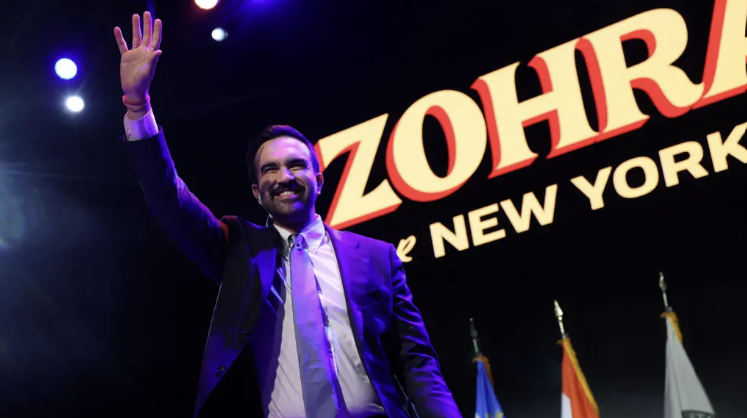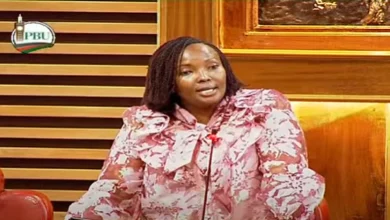Uganda-born Zohran Mamdani to become New York City’s first Muslim mayor

When Barack Obama was elected president in 2008, Kenya lit up with interest. His face adorned T-shirts and the sides of minibuses and, even though he was not born in the country, he was hailed as a son of the soil made good.
In contrast, much of Uganda barely batted an eyelid on Wednesday as Zohran Mamdani, who was born in the capital, Kampala, was elected mayor of New York City.
True, Gracie Mansion, the mayor’s official residence, is not the White House. Even so, the difference was stark.
Uganda’s state television channel announced the result on its Wednesday morning show. But according to Baker Batte Lule, a doctoral student at Uganda’s Makerere University Institute of Social Research, few Ugandans are likely to have heard of him.
“When Ugandans see Mamdani competing, they don’t relate closely, apart from a few elites,” Mr. Lule said.
In part, this is because Mr. Mamdani, 34, has been away from Uganda for so long. His family emigrated from Uganda to South Africa when he was 5 years old and then moved to New York City two years later. He was naturalized as a U.S. citizen in 2018 and is now a dual citizen of the United States and Uganda.
When Mr. Mamdani returned to Kampala in July to celebrate his marriage to Rama Duwaji with family and friends, it made few waves in Uganda.
“Is he a Ugandan?” asked Arinaitwe Andrew, a graphic designer in Kampala, who said he only heard about the election on Wednesday. He said he had no idea about Mr. Mamdani’s connection to the country.
Mr. Mamdani’s ethnicity — his parents were born in India — also plays a role in how he is viewed in Uganda. His father’s ancestors came to East Africa more than 100 years ago, during the era of British colonialism, when many Indians arrived to help build a railroad and to seek commercial opportunities.
After Uganda declared its independence in 1962, Ugandans of Indian origin had an uncertain status and 10 years later, Idi Amin, the country’s dictator, ordered their expulsion. The episode is one of the most notorious in the country’s history.
Their status is explored in a new book, “Slow Poison,” by Mahmood Mamdani, Zohran’s father, a prominent scholar of post-colonialism. In it, he frames Uganda’s recent history through his own story, describing how he was forced to leave the country in his twenties, only returning after Mr. Amin’s fall from power in 1979.
“Mamdani’s father has spent the entire 50 years of his career trying to grapple with the question of citizen and subject,” Mr. Lule said. “Now, few Ugandans will see an Indian in New York and know he is a Ugandan.”
There are now approximately 35,000 Ugandans of Indian origin, according to Singh Katongole, one of the few Ugandan politicians with Indian heritage. They include Hindus, Sikhs, Muslims and Christians, he said. Mr. Kangole said he does not think Mr. Mamdani, who is Muslim, is that well known in the community of people with heritage from South Asia in Uganda, but even so his election should be celebrated as a “double happiness.”
Uganda, with a population of more than 50 million, faces its own election in January, when President Yoweri Museveni, in power since 1986, is running for another term. Some young people in Kampala said they could draw inspiration from Mr. Mamdani, as they hope for change.
“A lot of younger people in Uganda leave leadership to the generation ahead of them and now is the time for us to step up,” one Kampala resident, Denis Musali, said in an interview with Reuters.





